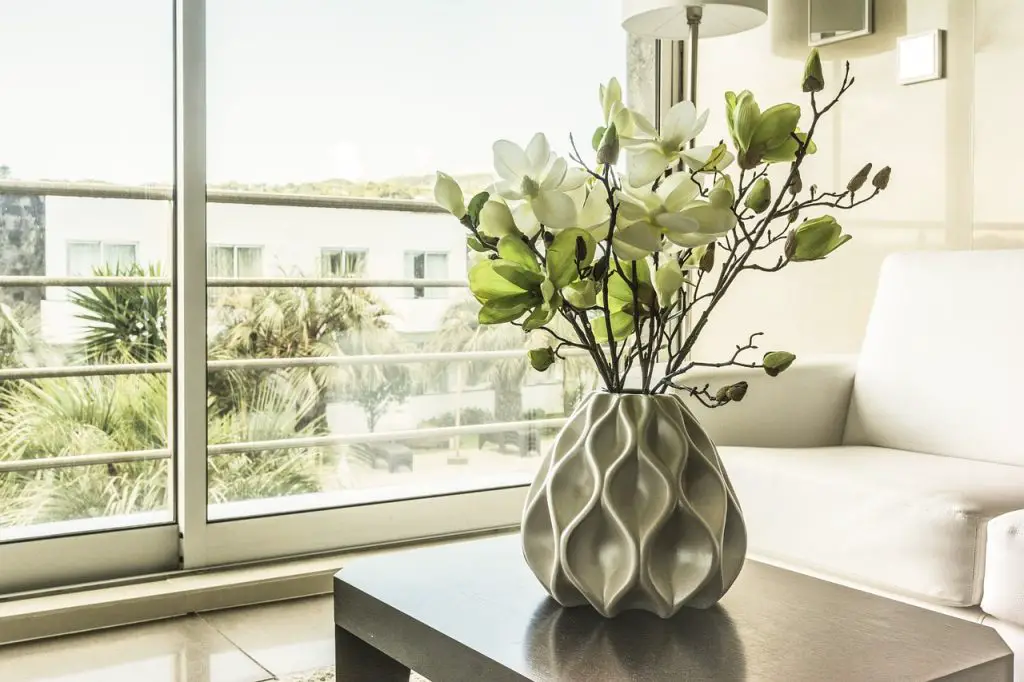Airbnb has revolutionized the way people travel and experience new destinations, offering unique and affordable accommodations worldwide. Many homeowners and property managers have seized this opportunity to generate income by listing their properties on Airbnb. If you’re interested in becoming an Airbnb host but prefer to manage your rental property remotely, this comprehensive guide is for you. We’ll cover the essentials of setting up your Airbnb listing, preparing your property, and managing it efficiently from a distance.
Researching Local Regulations and Market
Before diving into remote Airbnb hosting, it’s crucial to understand the local regulations and market conditions in your property’s area. Here’s what you should do:
A. Familiarize yourself with local laws: Research the short-term rental regulations in your city or region, including zoning laws, licensing requirements, and taxes. Ensure that you comply with these regulations to avoid fines or legal issues.
B. Analyze the local market: Investigate the demand for short-term rentals in your area, taking note of the average nightly rates, occupancy rates, and seasonality patterns. This will help you determine the potential profitability of your property and set competitive pricing.
C. Identify your target audience: Understand the preferences and needs of potential guests who are likely to visit your area, such as tourists, business travelers, or families. This will help you tailor your property to cater to their specific requirements.

Preparing Your Property for Remote Hosting
To ensure a seamless guest experience and minimize the need for your physical presence, it’s essential to prepare your property accordingly. Here’s how:
A. Furnish and decorate your property: Invest in comfortable and durable furniture, and decorate your space to create a welcoming atmosphere. Consider your target audience’s preferences when selecting furnishings, amenities, and decor.
B. Create a well-equipped kitchen: Equip your kitchen with essential appliances, cookware, utensils, and tableware to allow guests to prepare their meals comfortably.
C. Provide quality linens and towels: Stock your property with fresh, high-quality linens and towels to ensure a comfortable stay for your guests.
D. Install smart home devices: Use smart locks, thermostats, and security cameras to enhance guest convenience and security while allowing you to manage and monitor your property remotely.
E. Set up a reliable Wi-Fi network: Ensure that your property has a strong and stable Wi-Fi connection, as this is a crucial amenity for most guests.
F. Prepare a comprehensive house manual: Create a detailed house manual that includes essential information such as Wi-Fi credentials, appliance instructions, house rules, and local recommendations. This will help guests navigate your property with ease and minimize the need for frequent communication.
Building a Strong Support Team
A dependable local support team is crucial for successful remote hosting. They will handle tasks like cleaning, maintenance, and guest support on your behalf. Here’s how to build a reliable team:
A. Hire a professional cleaning service: Contract a trustworthy cleaning service with experience in vacation rentals to maintain your property’s cleanliness and prepare it for new guests.
B. Find a reliable maintenance professional: Establish a relationship with a local handyman or maintenance company to address any repairs or maintenance issues promptly.
C. Appoint a local contact person: Designate a trusted friend, family member, or property manager as your local contact person. They can assist with emergencies, check-ins, and any on-site issues that may arise.
D. Establish clear communication channels: Ensure that you and your support team have efficient communication channels to stay updated on property status, bookings, and guest concerns.

Listing Your Property on Airbnb
Now that your property is ready and your support team is in place, it’s time to create your Airbnb listing. Follow these steps to maximize your listing’s appeal and increase bookings:
A. Write a compelling listing title and description: Craft a captivating title that highlights your property’s unique features or location. Write a detailed description that provides essential information about your property, including the number of bedrooms and bathrooms, amenities, and nearby attractions.
B. Take high-quality photos: Invest in professional photography or use a high-resolution camera to capture attractive images of your property. Showcase every room and highlight the unique features of your space.
C. Set competitive pricing: Use your market research to set a competitive nightly rate that reflects your property’s value and amenities. Consider adjusting your prices based on seasonality and local events to maximize your occupancy and revenue.
D. Optimize your listing for search: Include relevant keywords, such as your property’s location and unique features, to improve your listing’s visibility in Airbnb search results.
E. Enable Instant Book: Activate the Instant Book feature to allow guests to book your property without prior approval. This can increase bookings and improve your listing’s ranking in search results.
Managing Your Remote Airbnb Property
Effectively managing your Airbnb property from afar requires organization, communication, and adaptability. Here are some tips to help you succeed as a remote host:
A. Use Airbnb’s management tools: Utilize Airbnb’s calendar, pricing, and messaging tools to efficiently manage your property, communicate with guests, and optimize your revenue.
B. Establish a clear check-in process: Implement a self-check-in system using a smart lock or lockbox to provide guests with a seamless arrival experience without the need for in-person interaction.
C. Communicate proactively with guests: Maintain open and timely communication with your guests before, during, and after their stay. Answer any questions they may have and provide helpful information to ensure a pleasant experience.
D. Monitor guest reviews: Regularly read and respond to guest reviews to show your appreciation for their feedback and address any concerns. Use this feedback to continuously improve your property and guest experience.
E. Maintain regular communication with your support team: Stay in touch with your local support team to address any issues that may arise and ensure that your property remains in excellent condition.
F. Implement a system for handling emergencies: Develop a contingency plan for emergencies, such as power outages or plumbing issues, and communicate this plan with your local contact person and support team.
G. Continuously improve and update your property: Regularly assess your property’s condition and make improvements or updates as needed to keep it competitive in the market.
Expanding Your Remote Hosting Business
Once you’ve mastered the art of remote hosting and have a successful Airbnb property, you may consider expanding your business. Here are some tips to help you scale up:
A. Diversify your property portfolio: Invest in additional properties in different locations to cater to a broader range of guests and minimize risks associated with market fluctuations.
B. Optimize your operations: Streamline your property management processes by adopting advanced tools and technologies, such as property management software or automation systems.
C. Network with other hosts: Connect with other Airbnb hosts to exchange ideas, learn from their experiences, and stay informed about industry trends.
D. Collaborate with local businesses: Partner with local businesses, such as tour operators or restaurants, to offer exclusive deals or packages to your guests. This can enhance your guests’ experience and increase the appeal of your property.
Conclusion
Becoming a remote Airbnb host is a rewarding endeavor that allows you to generate income from your property without being physically present. By researching local regulations and market conditions, preparing your property for remote hosting, building a strong support team, creating an attractive Airbnb listing, and effectively managing your property from afar, you can achieve success in the world of remote hosting. As you grow more confident and experienced, you can even expand your remote hosting business by diversifying your property portfolio and optimizing your operations. Embrace the opportunities and challenges of remote Airbnb hosting, and transform your property into a profitable and thriving business.














